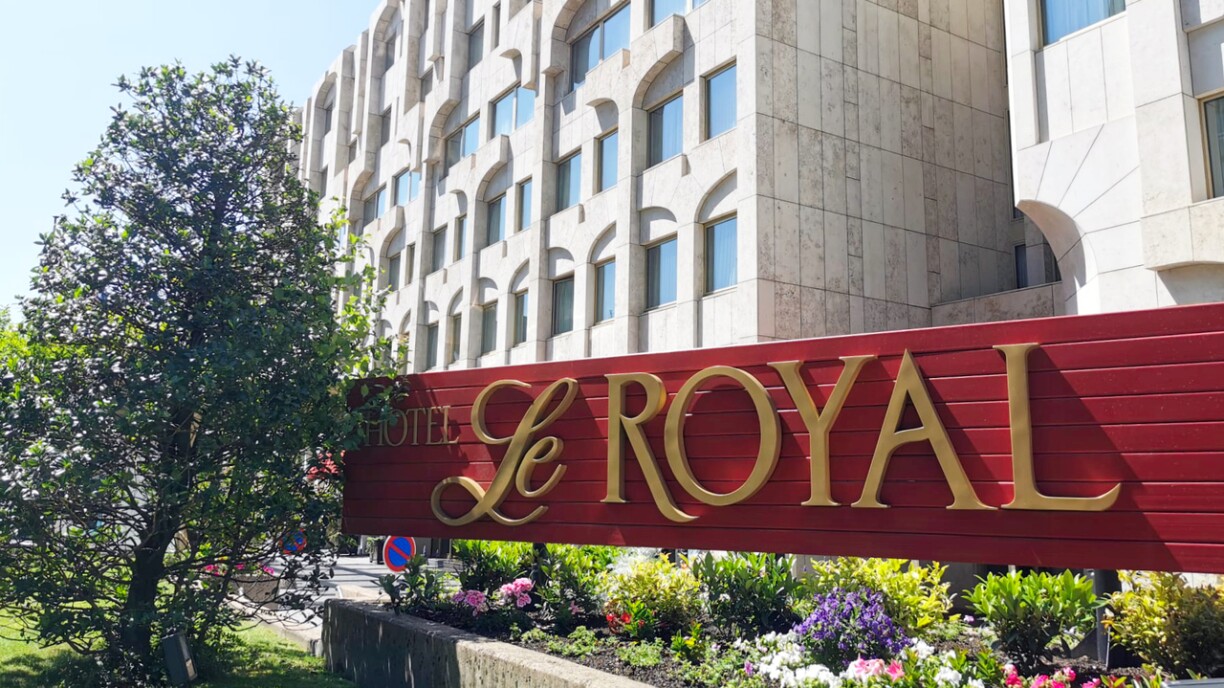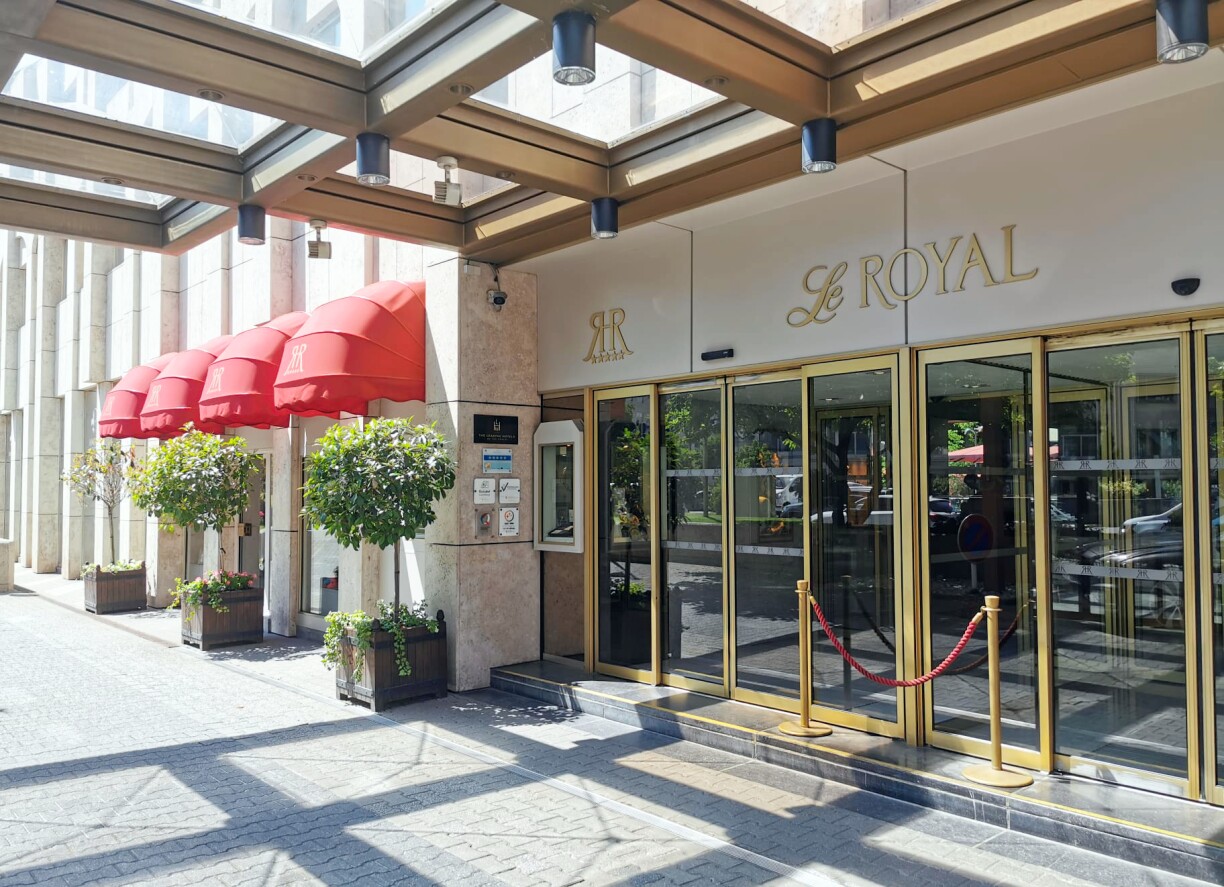
Luxembourg City’s iconic Le Royal hotel is undergoing a strategic transformation to maintain its market position. The five-star establishment, a fixture since 1984, is modernising its communications and services to appeal to both loyal patrons and a new generation of travellers.
The hotel has partnered with marketing agency Takaneo to refresh its brand identity, introducing a new slogan: “Le Royal. The obvious choice. A fresh start for an iconic Luxembourg hotel.” Promotional campaigns will launch imminently across the capital.
This evolution responds to significant changes in the hotel sector, explained General Manager Philippe Scheffer. “I am convinced that storytelling is now crucial in marketing”, Scheffer said, adding, “We can no longer simply convey an advertising image. Our clients need to be able to identify with a story, a place, and project themselves into it.”
Le Royal’s repositioning comes at a pivotal moment for Luxembourg’s hospitality sector. The recent openings of Villa Pétrusse, Marriott Hotel Alfa, and Anatura in Weiswampach – plus the planned 2026 opening of Hôtel des Postes – have created a more competitive landscape that demands strategic differentiation.
“I don’t view this competition negatively”, Scheffer stated, adding that “It’s stimulating. It can bring in new customers, whom each hotel can attract based on its own identity. But we must be proactive, not reactive.”
Whilst acknowledging the rapid market expansion, Scheffer expressed caution: “It’s true that things are moving a bit too fast and that could be to everyone’s detriment. There are opportunities in Luxembourg, and many decided to seize them at the same time.”
Though Le Royal has not yet felt direct impact from new competitors, management remains vigilant. The hotel faces broader challenges from rental platforms like Airbnb, which benefit from different regulatory standards. “These operators often bypass tourist taxes and safety requirements, creating an uneven playing field”, Scheffer noted, calling on politicians to introduce stricter regulations.

Le Royal’s transformation builds upon three decades of continuous upgrades, beginning with the 1990s addition of the Royal Club wing, followed by comprehensive room renovations in 2015 and the launch of Amélys restaurant in 2016.
The 2025 revitalisation plan combines both symbolic and substantive changes, including a contemporary graphic identity and marketing narrative, a refined brand slogan, and an extensive communication campaign. These strategic updates aim to reposition the hotel for modern travellers while honouring its legacy.
“We’re systematically infusing modern touches throughout the guest experience”, explained Scheffer. The property now hosts Thursday DJ sessions, offers updated menus catering to health-conscious diners, and features Friday barbecue lunches.
The most significant physical upgrade will debut this September with the conversion of unused space into a state-of-the-art gym. “We are carrying out the work in a way to minimise guest disruption,” Scheffer noted. The hotel has simultaneously completed essential behind-the-scenes improvements, including a complete lift system replacement and room television upgrades that meet current technological standards.
The future of Le Royal’s fine dining experience remains a key strategic consideration. Since the closure of its signature restaurant La Pomme Cannelle in late 2020, the hotel has operated without a dedicated gastronomic venue.
“We’re considering a new concept”, revealed Scheffer. “While it won’t be a revival of La Pomme Cannelle, we’re preparing to welcome a new Food & Beverage Director, and I am counting on him to guide us towards a new product”, the general manager said.
Though specifics remain undefined, the idea would be to open a second restaurant, without necessarily aiming for guide recognition: “What matters is to offer a quality culinary experience that reflects new expectations. The international standard has shifted – hotels no longer automatically maintain gastronomic restaurants, as client preferences have diversified.”
With an annual 60% occupancy rate, management sees room for growth. “This figure should be higher”, Scheffer acknowledged. “It dropped a little before Covid-19, but we can count on loyal clients and the arrival of new ones”, the general manager concluded.